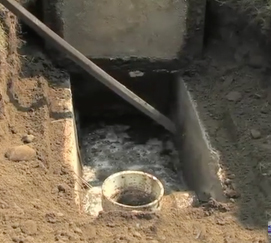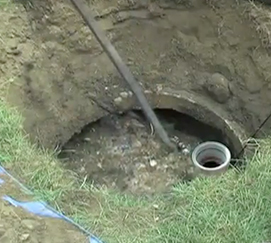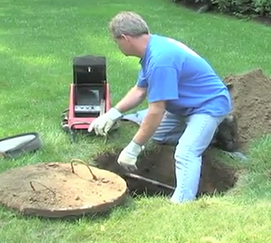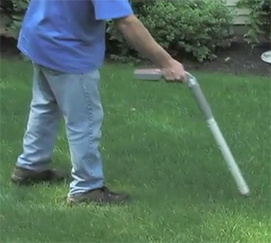Title 5 is a regulation of the Massachusetts State Environmental Code 310 CMR 15.000 which protects communities and environments from the potential hazards of on-site wastewater disposal systems. Some towns require septic pumping at the time of the Title 5 inspection.
Septic systems are to be properly located, built and maintained to effectively treat wastewater so as not to cause health risks to humans and animals or environmental problems which can result from the pathogenic elements as well as harsh pollutants present in wastewater.
Title 5 Inspections are required during the sale of real estate and are reported to the local Board of Health as wells as the Massachusetts Department of Environmental Protection. The seller of the home or real estate is typically responsible for arranging and completing the septic system inspection with a licensed Massachusetts Title 5 Inspector. The buyer and seller can, however, negotiate contractual terms with specified time frames after the sale of the home if whether doesn’t permit an inspection.
Septic evaluations are important tools for both buyers and sellers.
If you have any questions regarding Title 5 Inspections from one of the most qualified inspectors, call Northboro Septic Service today.
Educational video: Title 5 inspections:
For more information about Title 5 Inspections, click the following links:
Title 5 Inspection Loan Program for Septic System Repair
Frequently Asked Questions about Title 5 Inspections (from Mass DEP)
What happens during a Title 5 Inspection:
Note: a Title 5 Inspection must be performed by a state licensed inspector (trained by the DEP). Title 5 Inspections are required when:
- Selling a property
- Changing the footprint of a property
- Adding a bedroom
In 95% of Title 5 inspections, a backhoe is not needed to conduct the evaluation. However, we cut the existing sod carefully so that we can replace it and re-seed to return the lawn to its original condition.
When the inspector arrives he or she will review and inspect: existing records, plans, reports and permits. This information will determine the location, size, elevation and environmental setbacks for the septic system.
Inspectors use electronic equipment and cameras to evaluate the system. The following components are inspected:
- Tank structure and liquid level
- Inlet/outlet baffles
- Distribution box structure and liquid level—to insure the leaching field is working properly
The main reason for the inspection is to assess the system’s impact on the environment: wells, lakes, streams, wetlands and groundwater.
The inspector will document the information from the evaluation on the Mass Official Title 5 Inspection form.
Photo Gallery:
- D-Box Inspection – Liquid Level
- Tank Inspection – Liquid Levels
- Electronic Inspections with Camera
- Electronic Locating





